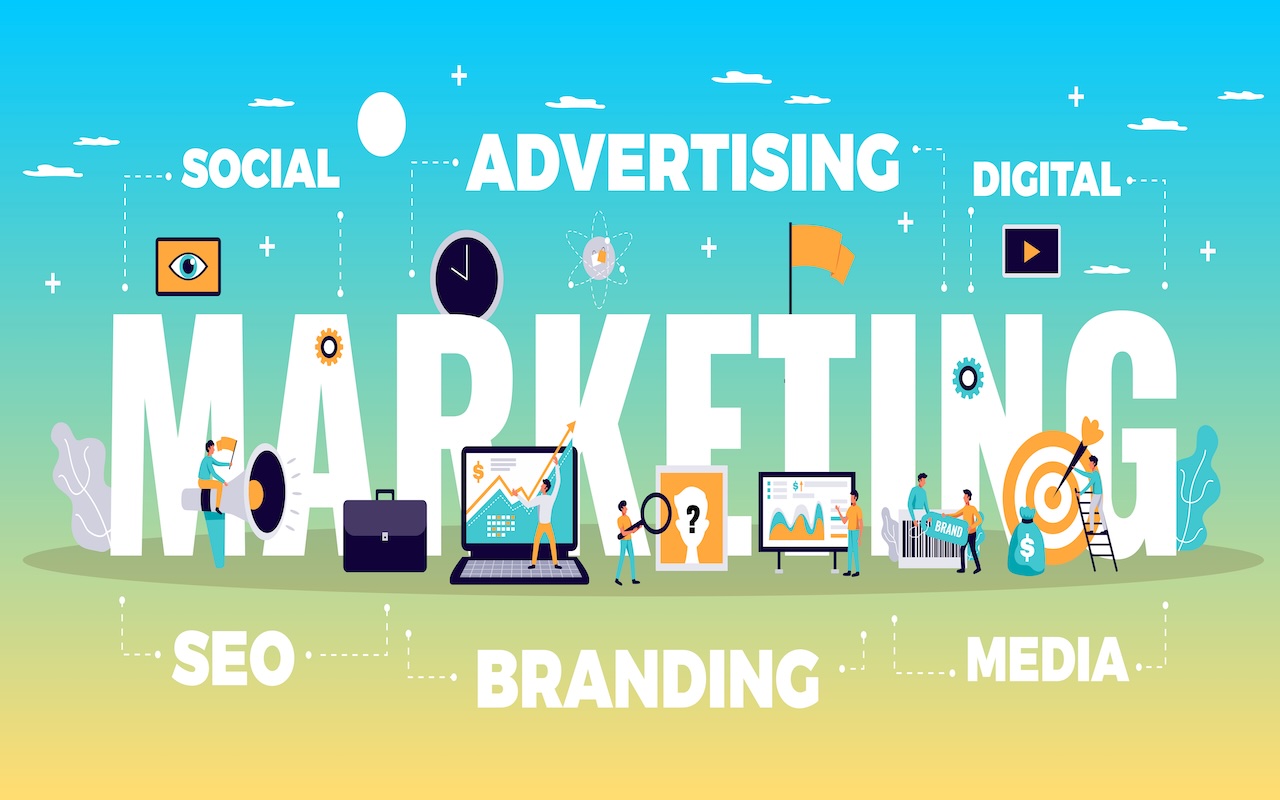
The modern fast-growing world of the digital era requires the careful selection of a business in terms of an approach to its development. There are two significant strategies that prevail in the discussion of marketing approaches; performance marketing and organic growth. Each of them is a great guide to success, yet their efficiency highly depends on the goals, budget, timeline, and the industry of a company. Knowing the main distinctions and benefits of each, businesses will be able to make a strategic approach to the time and the way they are used.
What is Performance Marketing?
Performance marketing is basically a result oriented mode as advertisers pay out only when a designated action takes place i.e. a click, conversion, lead and for sale. It is usually associated with such paid channels as:
- Pay-per-click (PPC) advertisement (Google Ads, Bing Ads)
- Paid advertisement (Facebook, Instagram, LinkedIn)
- Affiliate marketing
- Influencer marketing
- Native advertising
Measurability is the main concept of performance marketing. Each dollar is measurable against a given performance-based metric, whether this is ROI, cost-per-click (CPC), or cost-per-acquisition (CPA). This enables the companies to expand performing campaigns and terminate unsuccessful ones at a high pace.
What does Organic Growth mean?
Organic growth, however, is a reference to growth that has been done naturally, through long-term, but not paid strategies that are able to attract and maintain customers. This includes:
- Search engine optimization SEO
- Content marketing (videos, whitepapers, blogs)
- The use of the social media
- Customer referral and word-of-mouth
- Email newsletters
- Community building and brand building
Organic marketing promotes the aspect of trust, authority and visibility in the course of time. It can give you immediate results like performance marketing, but unlike it, it provides a long-term, cost-effective growth when implemented properly.
Key Differences Between Performance Marketing and Organic Growth
| Feature | Performance Marketing | Organic Growth |
|---|---|---|
| Speed | Fast results | Slow and steady |
| Cost | Pay per result | Time-intensive but low-cost |
| Sustainability | Short-term spikes | Long-term value |
| Measurement | Highly measurable and trackable | Harder to attribute directly |
| Scalability | Easily scalable with budget | Grows with effort and reputation |
| Trust Building | Low to moderate | High (especially for SEO & content) |
Performance marketing when to be used
Product Release or New Entry
In case you are developing a novel product or you are getting into a new market, performance marketing will be useful to make it known and get immediate traffic. It puts your brand on the map in the first place.
Sale and Advertisements
With campaigns of time-sensitive nature such as Black Friday sales or limited time offers, performance marketing will guarantee that you hit a target audience within a very fast time thus, maximizing the rate of conversion within a short period.
Leads and Funnel Testing
Performance marketing is most useful to businesses that want to conduct testing on their sales funnel, pricing, or user experience since it enables quick tests and gathering of data.
Predictability and a Control over Budget Budget
The predictability of performance marketing is the common feature that Startups and SMEs hold regarding it during the initial stages. You are well aware of the cost of a lead or every conversion.
How to Pay Attention to Organic Growth
Creating Brand Authority in the Long Run
The use of organic SEO techniques and content marketing are great ideas in positioning your brand as a thought leader. This creates trust and loyalty to the customer with time.
ROI maximization in the long run
Though the ROI may be higher in organic marketing over the long term, they might not bring results as quickly as in the case of initial investments. A blog post or a youtube video that has potentially ranked well can generate leads over a period of years without an extra dollar spent.
Green Customer Acquisition
A compounding effect is caused by organic growth. As an illustration, today produced content can be used to generate traffic either in the upcoming month, year, or even years in the future.
Small Ad Budget
Organic marketing is also an affordable approach to connecting and engaging customers to companies which are not able to afford large-scale paid campaigns.
Conclusion
Whether to go with performance marketing or grows organically is not an aspect of choosing which is better, but, instead, which one is more appropriate to use. Performance marketing is your best choice when it comes to getting traction, speedy data, or firepower in your offer as promotion. When you want to lead to long-run success, healthy brand presence, maintained traffic, your attention should be on organic growth.
At the end of the day, the more intelligent marketers know how to strike a balance between the two. When you invest in quick wins and at the same time set the foundations of future growth, you develop a marketing ecosystem that becomes both nimble and sustainable.
Featured Image by Freepik.
Share this post
Leave a comment
All comments are moderated. Spammy and bot submitted comments are deleted. Please submit the comments that are helpful to others, and we'll approve your comments. A comment that includes outbound link will only be approved if the content is relevant to the topic, and has some value to our readers.

Comments (0)
No comment